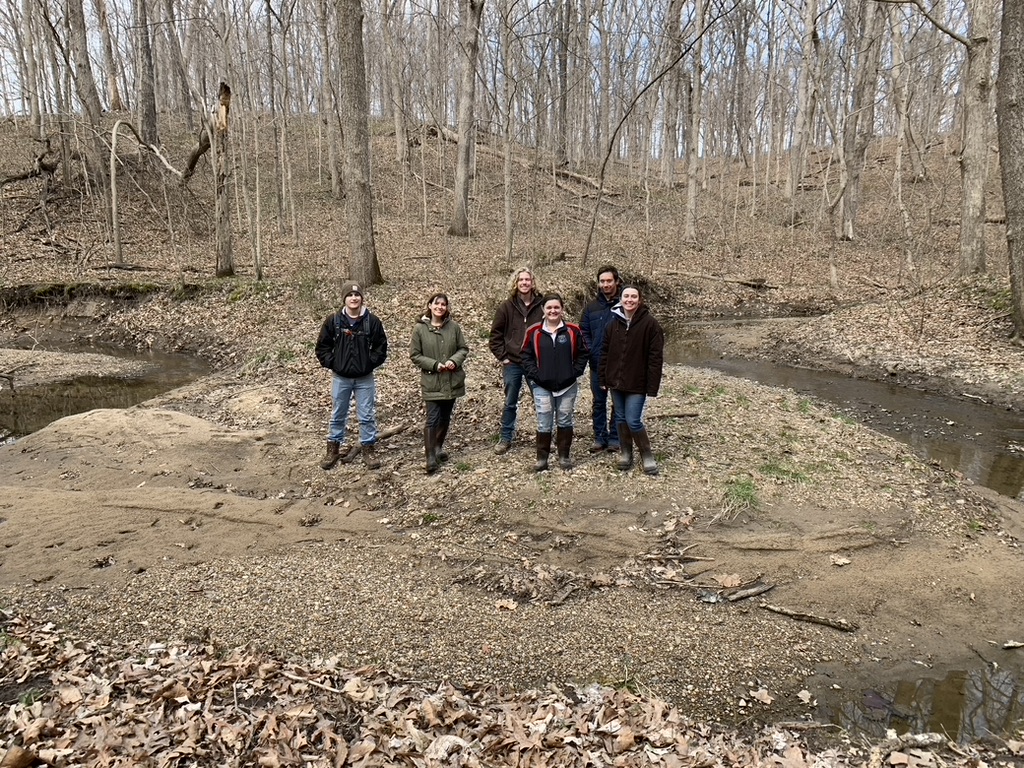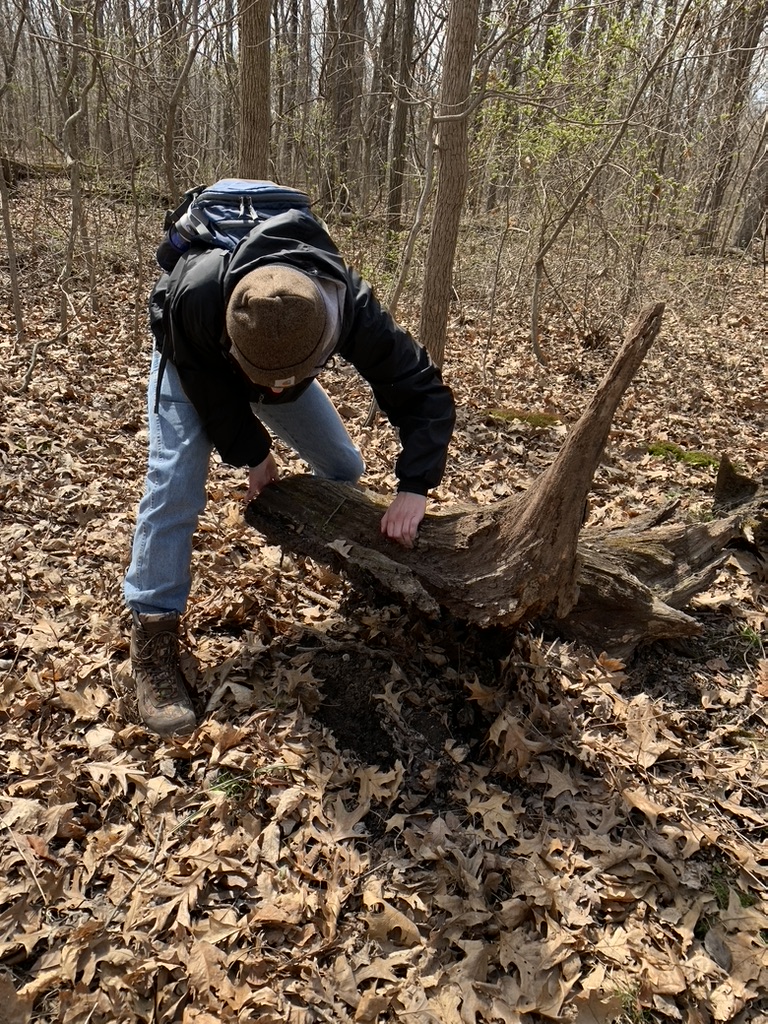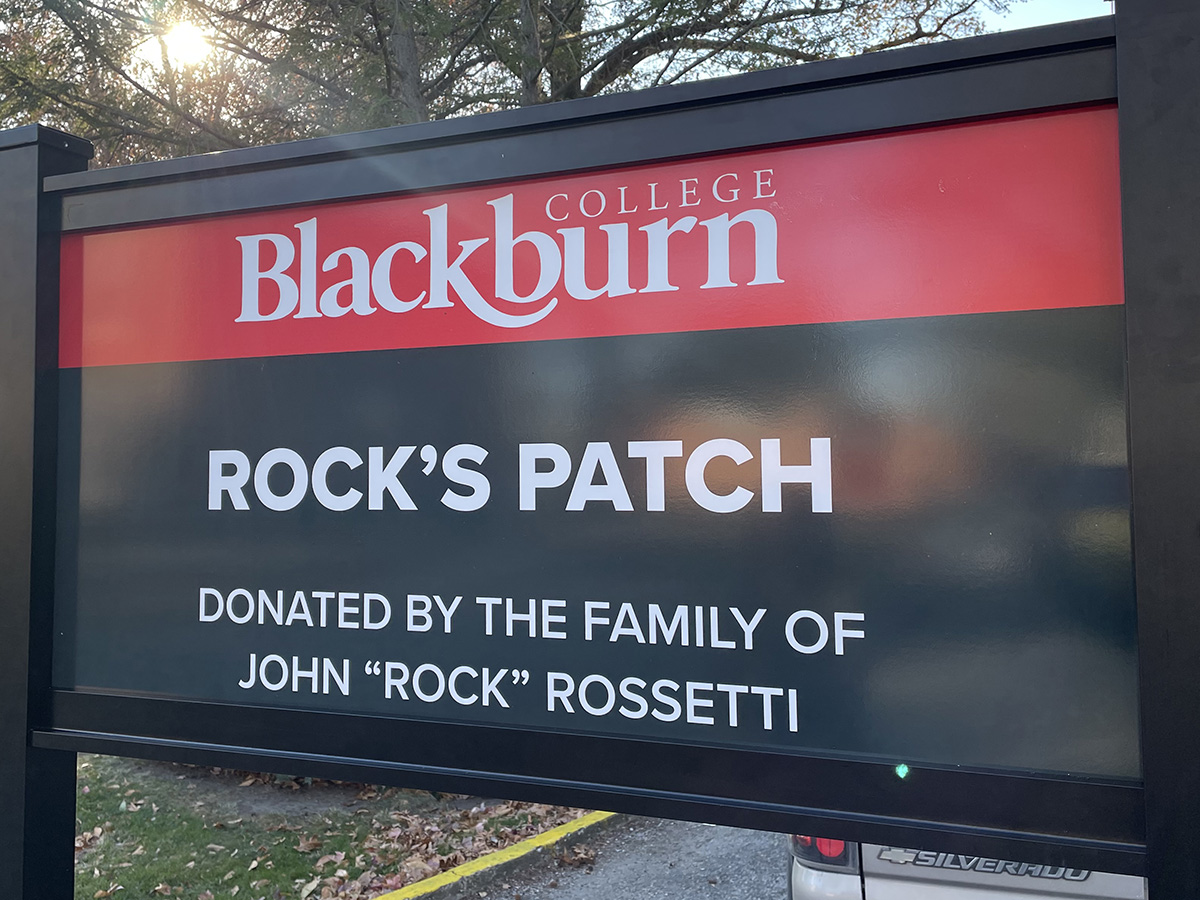‘Rock’s Patch’ Property to Enhance College’s Academic and Sustainability Efforts
Blackburn College has received a gift of 40 acres of farmland located east of the College’s campus in Carlinville, IL. The property, known to locals as “Rock’s Patch,” was initially owned by John D. “Rock” Rossetti. The College plans to utilize the undeveloped property to enhance classroom studies for Biology students with fieldwork opportunities. The gift may also support Blackburn’s ongoing sustainability efforts, including Bee Program, Bat Program, and walnut tree projects.
“Planned gifts and gifts of land are tremendously beneficial to institutions like Blackburn,” said Sarah Koplinski, Interim Vice President for Institutional Advancement at the College. “They allow us to take students to unique environments, further building their skills and experience and setting them apart from other candidates in the job market. They can also provide the means to help make the dream of a transformational college degree a reality for future generations.”
She continued, “The family expressed a desire for the College to keep the property in its natural state. As an off-campus location for Biology department fieldwork and sustainability projects, ‘Rock’s Patch’ will serve a vital role as a hands-on, real-world laboratory for Blackburn students to conduct research and gain practical experience. All while remaining undeveloped. We are very grateful for this generous gift from the family of Mr. Rossetti.”
Rossetti was a fixture in the local community, teaching math and coaching all sports at Carlinville High School. He also served as an adjunct professor of math at Blackburn. Brian Long, the grandson of Rossetti, shared, “Education was always very important to my grandfather. He made sure that both of his daughters went to university – not something everyone did in those days. This gift was my mother’s idea. We believe that Rock would be pleased with the idea of young people going to the property to learn about the outdoors he loved.”
Long added that his grandfather got the nickname “Rock” as a compliment from when he was a coal miner in his youth. He said, “Coal miners like rock. Rock is your friend; it doesn’t cave in on you. Rock is solid.” He also shared how the farmland got the name Rock’s Patch. “Rock was a marvelous outdoorsman. He was comfortable on a trail, in a boat, ice fishing, and hunting. He always called it “The Patch,’’ so Rock’s Patch it always was.”
Blackburn’s Biology department is the largest academic area on campus. Majors receive ample opportunity to put the knowledge gained in the classroom to practical use through fieldwork, research, and sustainability programs. Biology majors at the College learn in state-of-the-art facilities while taught by a dedicated and award-winning faculty and earn an educational foundation to lead to successful careers in the field of biology. Blackburn also stands out as offering the only student-managed Work Program in the nation. Within the Department of Biology, the Work Program offers students unique opportunities not usually available to undergraduates, including preparing equipment for student labs, maintaining and caring for lab specimens, maintaining beehives on campus and in the region, and working in campus greenhouses and vivarium.


Professor of Biology and Ecology at Blackburn, Dr. Samantha Kahl, explained how students have been conducting research and are already benefiting from Rock’s Patch property in courses offered at Blackburn, such as Ecology, Invasive Species Biology, and Sustainable Forestry. “Our students have done work clearing invasive species there and identifying plants and animal habitats, and learning about management impacts. Students see the environmental value in the land and are usually very quick to ask me when they are coming back,” Kahl said. “We also plan to start student research in the property this Spring through the Field Biology course. The proximity to the College and the lack of development on this property are ideal for this type of work.”
Kahl continued, “We look forward to Rock’s Patch being an integral part of coursework and student research in Biology at Blackburn.”
Blackburn College facilitates many sustainability initiatives. These include the Blackburn Bee Program, which dates back to the late 1800s. Students participate in an apiary production on campus and maintain period-correct hives at the Lincoln Home National Historic Site in Springfield, IL. They gain hands-on experience cleaning hives, capturing swarms, and can earn official beekeeper certifications. Created in March 2021, students in the Blackburn Bat Program gather data and work with conservationists and bat groups to better understand needed research initiatives in the local area. Since the program launch, students have collected more than 10,000 species recordings on campus and across the region. The college also has a student-run Sustainability Club that promotes sustainable living through volunteer-based events such as campus and highway track pickups, plant sales, and the management of a campus garden. Blackburn is the only college in downstate Illinois to be recognized as both a Bee Campus USA and Tree Campus USA.
